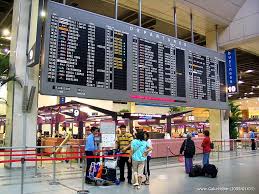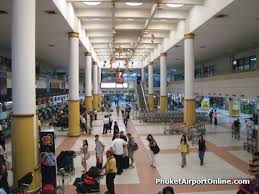
Japan has become the second nation to introduce a security programme of photographic and biometric identification for all those entering the country.
The US was the first country to take fingerprints and photographs of inbound foreigners. However, while the US measure is purely restricted to foreign visitors, Japan now requires foreign people living in it to undergo the security checks on each occasion they enter the country.
The fingerprints taken will be compared alongside the records of individuals that Japan has deported. Additionally, they will be cross-analysed with over 800,000 bits of data in respect of suspects sought both by Interpol, and by authorities in Japan itself.
New Security Measures Designed to Counter Terrorism, Says Japan
While the government in Japan describes the measure as counter-terroristic, and aimed at reducing crime, some say it is discriminatory.
Groups campaigning for human rights say that the new security measures are a violation of privacy, and could potentially fuel xenophobic attitudes. They add that, by implication, foreigners are the ones judged to be most associable with terrorism or other infringements of the law.
To date, no acts of terror involving foreigners have been carried out in Japan. Indeed, Japanese nationals were involved in incidents such as the Tokyo subway gas attacks.
Further concerns regarding the measures relate to the sharing of data with other immigration bodies overseas.
Japan's Foreign Population Angered by Biometric/Photographic Measures
Meanwhile, foreigners in possession of visas entitling them to reside in Japan have also been angered by the photographic and biometric security demands - saying that no difference now exists at this level between them and those visiting the nation.
Japan maintains that such security is necessary to assist with blocking the entry into the country of terrorists.
Tokyo has been a solid supporter of the invasions of both Iraq and Afghanistan. This, in itself, has raised fears that terrorists could have Japan in their sights.
Source - Security International's Far East Correspondent



















No comments:
Post a Comment